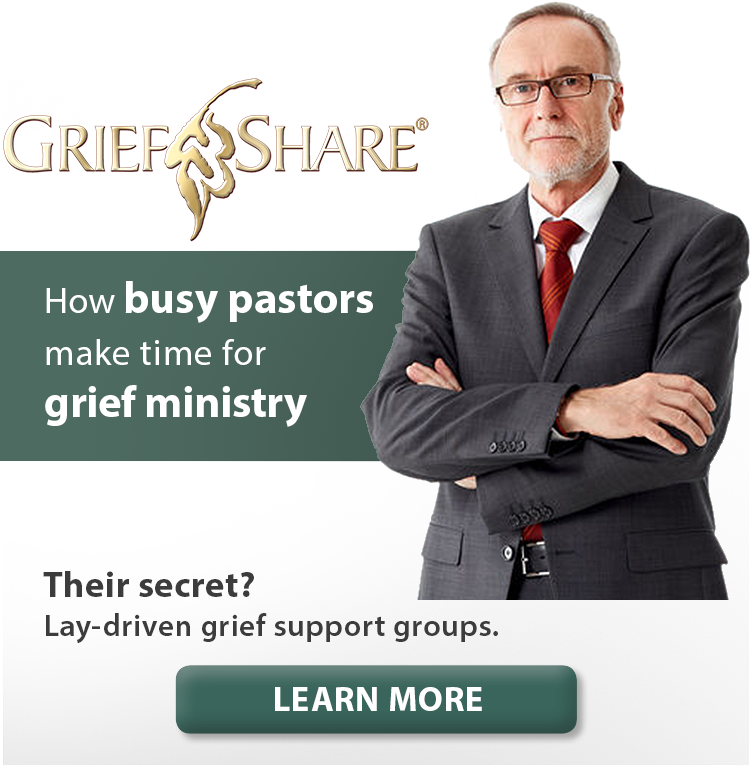
We aren’t a model church by any means, but one of the things we’ve worked on a lot over the past five years is how we do congregational care and oversight. Even though we have a lot to learn, I thought a glimpse at how we do things might help other churches. Obviously, I’m not encouraging you to copy everything we do (though feel free). But maybe some of our trellis work can you help you with your vine work.
It’s impossible to describe completely how we do member care because, as in any church, there is so much ministry that happens outside of an official program or avenue. There’s a whole bunch of ministry that I never hear about, which is as it should be. But in an effort to simplify and generalize, let me explain what we do under five headings.
Membership
We stress membership at our church. There are a number of reasons for this, but one of them is very practical. Membership helps us in congregational care. Without membership it is hard to know who is really a part of our church and who is passing through or just floating around. But when someone joins the church we know this person is committed to our body, and we need to be committed to him or her.
What does the membership process look like at University Reformed Church? Two or three times a year we offer a ten-week membership class. This is taught by our associate pastor and other leaders he brings into the class. The class covers a lot of material, including our theology, our statement of faith, our membership covenant, our polity, our ministries, spiritual disciplines, spiritual gifts, and how to get plugged in to the church. We ask folks to consider taking the class, whether they plan to join or not. In my experience, people will not take a membership class unless: (1) they know membership actually means something, (2) membership is talked about from the pulpit, at least once in a while, and (3) they are personally invited.
At the end of the class everyone signs up for an elder interview. We usually meet with people in elder teams of two or three. The interviews run about thirty minutes. Some questions always get asked: How did you become a Christian? Why did you come to our church? Who is Jesus Christ? What do you believe about the Bible? What is the gospel? We try to make the interview as nonthreatening as possible. Most often it is a time to get to know new people (and they get to know our elders) and to celebrate God’s grace in their lives. Sometimes, however, we need to meet with people again. We will delay their membership if we feel like they aren’t ready, but this is rare.
Growth groups
A few years ago, the elders decided to make growth groups (i.e., small groups or home groups or cell groups or whatever you call them) a central part of our church’s congregational care strategy. I’m not sure of the exact figure, but I would guess around 70 percent of our members are in a growth group (we have about three hundred members).
Every church does small groups a little differently. Our groups, most of which meet every other week, focus on assimilation and fellowship. This isn’t to say they don’t have content or that we don’t care what they teach. We know what they are doing, but we don’t dictate what they do. Most groups work through books or books of the Bible. But we don’t look to growth groups as a main teaching ministry. Growth groups help new people find a place to belong and to be known. They help people forge God-centered friendships. Growth groups are the first line of defense (and offense!) in loving one another.
Our associate pastor is invaluable in this whole area of member care, especially when it comes to growth groups. We tried doing a full-on growth group ministry with volunteers, but we found that even with our best volunteers driving the thing, it was hard to keep momentum going. So we put a staff person in charge of the ministry a few years ago. This was key. Our associate pastor recruits leaders, trains leaders, starts new groups, and actively plugs people into new or existing groups. Running an effective small-group ministry takes constant care and attention. If you just start some groups and stand back, most of your groups will dissolve within three years. There needs to be someone responsible for keeping the ministry together and moving forward.
Elders
The elders are essential to congregational care and oversight. This should be obvious, because elders, by definition, ought to be caring for the sheep and exercising oversight. Our elders do this in a few ways.
First, we pray for people. We pray when called up. We seek to pray for people when they need help. And we pray for our people at our elders’ meetings and retreats.
Second, our elders oversee our growth groups. Most of our elders—a couple elders are excused because they are involved in our executive committee—are responsible for overseeing a few growth groups per person. This does not mean they lead a group in their home, though they can if they want. Oversight means two things. Oversight means that the elders come to the growth group leaders’ training sessions (that are held every other month), and they meet with the leaders under their care. This is a time to troubleshoot, hear how things are going, and pray. Oversight also means that the members of a leader’s growth group (see previous point) are in the elder’s district (see below).
Third, we divide the church into elder districts. The district is first of all assigned by growth groups. So if Larry oversees two leaders, Moe and Curly, then Larry has all the members of Moe’s and Curly’s growth groups in his district (man, is that a rough district). The elder district also includes members not in a growth group and regular adherents of the church who, for whatever reason, have not joined. The names of non–growth group members and adherents are assigned alphabetically. The elder is responsible to pray regularly for his district, and he must make contact with each person in the district at least once a year.
We do not expect the elders to personally disciple the people in their districts or know everything going on in their lives. This is why we have growth groups. But the elders usually have a good feel for the major issues that have surfaced. Our elders meet twice a month. The second meeting of the month is our normal business meeting. At this meeting we always ask, “Who is in need of spiritual care and/or is not making faithful use of the means of grace?” Follow-up calls are usually assigned based on the district someone is in. Three times a year we do a thorough review of our districts as an entire elder board.
Diaconate
We are blessed to have an active and capable diaconate involved in congregational care. At University Reformed Church, we have deacons and deaconesses. They care for many of the physical needs of the congregation, especially those who have long-term needs. So, for example, when a member of the church was diagnosed with ALS, the diaconate helped to arrange a group of recruits to come over on Saturdays and take the gentleman out around town.
The diaconate is also where I turn first when people come to me with financial problems. Often I’ll get people from in our church or outside of our church who come to the pastor wanting physical or monetary assistance. When this happens, I try to assess the situation, pray for them, and then put them in contact with either the chair of our diaconate or the on-call deacon/deaconess of the month.
Congregation
Last, but certainly not least, the congregation cares for the congregation. This includes meals to new moms, one-on-one mentoring, D-groups (where our college student leaders meet in the homes of church families), the email prayer chain, free babysitting, hospitality, and a thousand other good things that people in most churches do for each other.
Wrapping up
Do we have weaknesses? Absolutely. We don’t have a system in place for making hospital calls. Historically, the church I serve has been very young, and there hasn’t been much visitation to do. But this will change, and we need a better way to do it. Likewise, only recently have we developed funeral policies and a plan for elders to make follow-up bereavement calls (after six months have passed). This year we added a part-time biblical counselor to our staff. His work with counseling and training other counselors is critical. In the near future, I’d also like to see us (me!) use the congregational prayer on Sunday morning as a more effective means of pastoral care.
So like any church, we are a work in progress. We will never get to a point where everyone is cared for just right, and there are no more cracks for people to fall through. But we’ve made big strides in the past several years. I’m thankful to work with so many wonderful people who serve the body so well, often better than I can. By God’s grace we’ve got some things in place.
In closing, let me say I’m always surprised to learn how few churches actually take member care seriously. You don’t have to do things just like we do, but every church, and every elder board in particular, needs to think and pray carefully about how, and if, they are really caring for one another and fulfilling the responsibilities and privileges God has given them. We are required by our denomination’s Book of Church Order to ask at our elders’ meetings, as mentioned earlier, “Who is in need of spiritual care and/or is not making faithful use of the means of grace?” It’s a good policy. But I wonder how many churches in our denomination—or yours—regularly ask this question. And I wonder how many churches have any mechanism in place to know who these people are and how to help them once they are identified.
Sign up for your FREE newsletter!
Original article:
This article is adapted from an earlier article by Kevin DeYoung that first appeared on https://9marks.org/article/how-we-do-congregational-care-and-oversight/ (June 12, 2014). Adapted for CareLeader.org with permission from the author.


